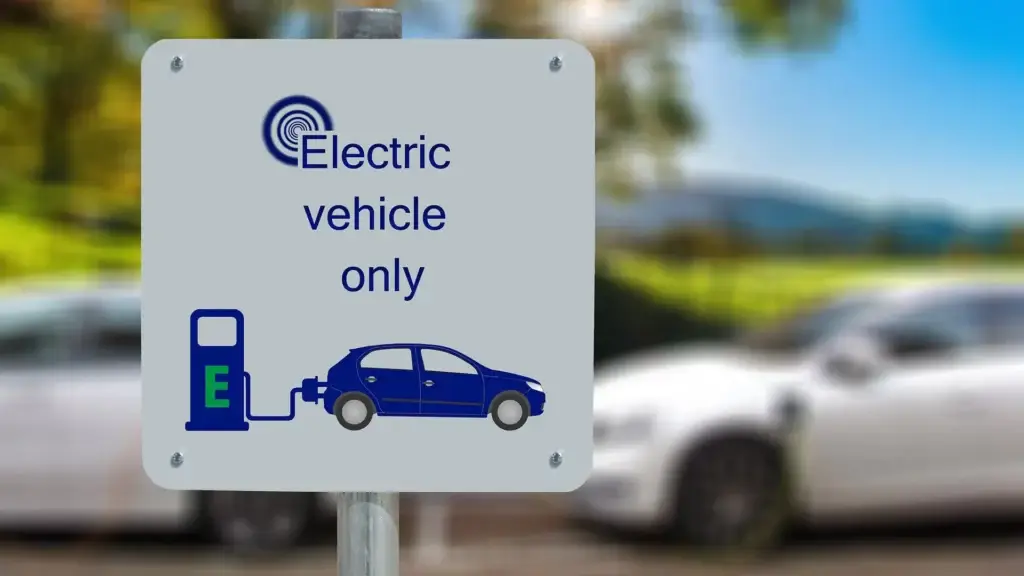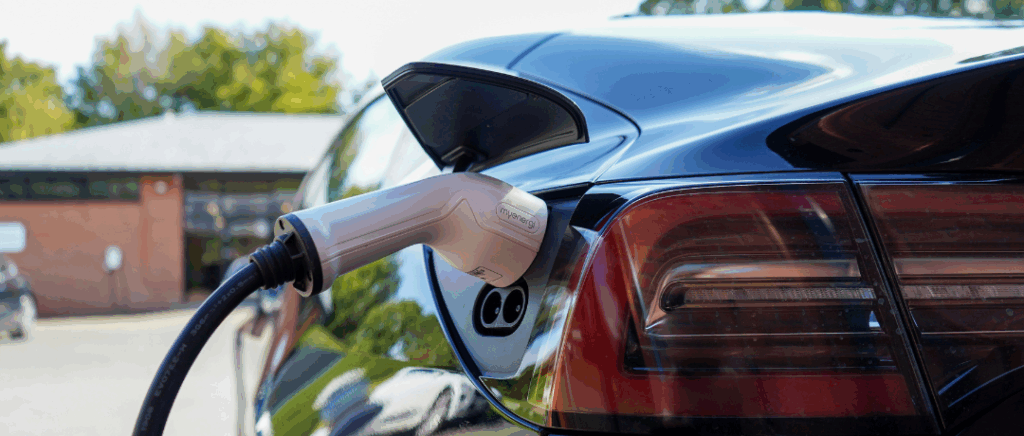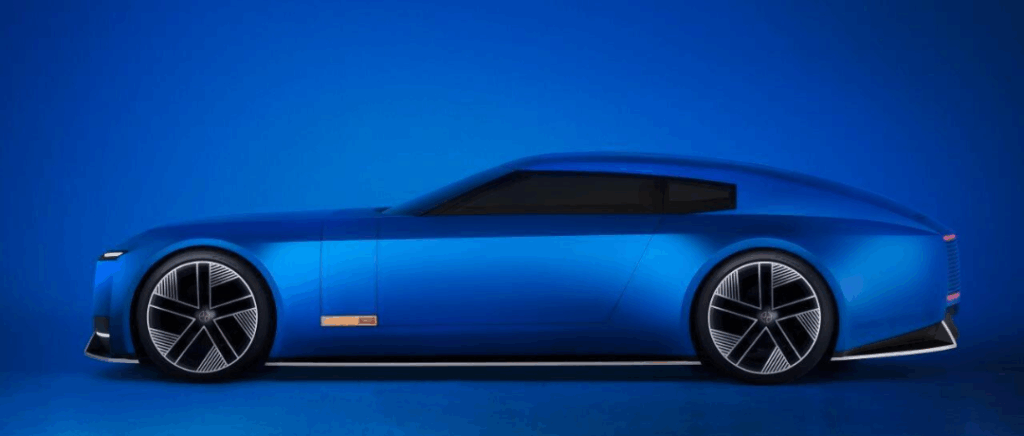What is the average cost of an electric car charging point?
Economical, practical and environmentally friendly, electric cars are becoming increasingly popular in France. This development is accompanied by the roll-out of electric vehicle recharging infrastructure (IRVE) to meet this demand.
It has been possible to install a charging point at home since 2015. However, it's an investment that requires you to consider the overall cost beforehand.
Here are the different factors to consider when buying a home charging point for electric cars.
The terminal
The cost of a terminal can vary depending on :
- The brand
Prices may differ if the terminal was sold by a car manufacturer or a specialist manufacturer.
- The model
The cost varies according to the model: if it's a conventional charging point, it will be cheaper than if it has advanced features (e.g. an LED screen, a badge reader, an access control system, etc.).
- The power
There are 4 types of power:
- 3.7 kW
- 7.4 kW
- 11 kW
- 22 kW
A more powerful terminal charges more quickly. As a result, it will be more expensive.
An entry-level charging point costs around €800. We advise you to opt for a charging point costing between €1,000 and €1,500, for more efficient recharging of your electric vehicle.
Type 2 cable
This cable is needed to charge your electric car at the charging point. It can be supplied when the vehicle is purchased.
Depending on the length of the cable and its power, the price can vary between €250 and €500.
Installation work
- Connect to the electrical panel so that the terminal can be powered.
- Carry out civil engineering work (e.g. digging a trench if necessary). Wall mounting is generally cheaper than pedestal mounting.
- Have the electrical installation brought up to standard if necessary by a qualified electrician
- Have your electricity supplier increase the wattage on your meter. You will be charged an extra €25 per year (for each additional wattage level).
Installation
- For a house
Installation costs range from €1,200 to €1,500 including VAT.
The C.I.T.E (Crédit d'Impôt pour la Transition Énergétique - Tax Credit for Energy Transition) enables all private individuals to benefit from assistance when purchasing and installing a home charging point. Under French Finance Act no. 2020-1721, which came into force on 1 January 2021, any private owner of a principal residence is entitled to a tax credit of 75 % of the price of the equipment, up to a maximum of €300. The home must be more than 2 years old.
The cost price is therefore between €900 and €1,200.
In addition, VAT is at 5.5 %. You can find out more about VAT for charging points below in the section "What is the VAT rate for charging points from 2021?".
Good to know: the C.I.T.E is abolished and replaced byMaPrimeRénov'. To find out more, please visit ourarticle on this energy transition premium.
- For joint ownership
The greater the distance between the parking space and the electrical panel, the more expensive the installation will be. If you're a condominium owner and want to install a charging point, read our guide to install a charging point in a condominium.
- For a company
The installation of a company charging point is more expensive because of the complexity of its configuration: the number of terminals, the distance from the car park, the more complex electrical installation, etc.
However, there are grants and subsidies available to help you save on costs.
Charging the car
The cost of charging your electric car at home is around €2 for a full charge.
Acquiring and installing a charging point for an electric vehicle can be more or less expensive, depending on the various criteria set out above. These costs can be reduced by :
- State subsidies, enabling real savings on the final bill
- reduced VAT for charging points.
What is the VAT rate for charging points since 2021?
From 1 January 2021, under Article 278-0 Bis, the reduced rate of 5.5% will apply to the installation and maintenance of charging infrastructure for electric vehicles.
This reduced rate of VAT for charging points (instead of 20%) considerably reduces the cost of installing a charging point for private individuals. To qualify, certain criteria must be met.
How to install an electric car charging point
For homes more than two years old
- Installation of a recharging point only (does not work for a reinforced socket)
- A single invoice covering the installation and supply of the terminal
- A terminal that complies with the French electrical standard (NF15-100)
- Installation by an IRVE-qualified electrician
For homes less than two years old
According to Article 278-0 Bis (since 2014), the reduced rate of VAT for a charging point at 5.5% did not apply to work involving dwellings completed less than two years ago. This was still the case in 2022.
However, from 1 January 2023, the reduced VAT rate of 5.5 % will apply to all homes. The document confirming that the building has been completed for more than 2 years will no longer be required.
Once you've bought an electric vehicle, you'll want to install a charging point at your home. There are a number of steps you need to take before doing so:
- Choosing your bollard: model, power
- Defining the installation site
- Draw up an estimate for the installation (civil engineering work or not)
- Carry out civil engineering work as required
- Have your electrical installation brought up to standard by an IRVE-qualified technician if necessary
The installation of a charging point must be carried out by an electricity professional (Article R. 4544-9). This work takes between 1 and 5 hours.
Here are the steps involved in installing a bollard:
- Checking resistance
- Switching off the electricity
- Checking for absence of voltage
- Installing the terminal
- Power on
- Checking the operation of the installation
As you can see, charging points are now much more affordable, and very easy to install. All the more reason to go all-electric when you're on the move!
If you would like to find out more aboutsupport for the installation of charging points for private customers in 2024For more information, see our article on this subject.
































